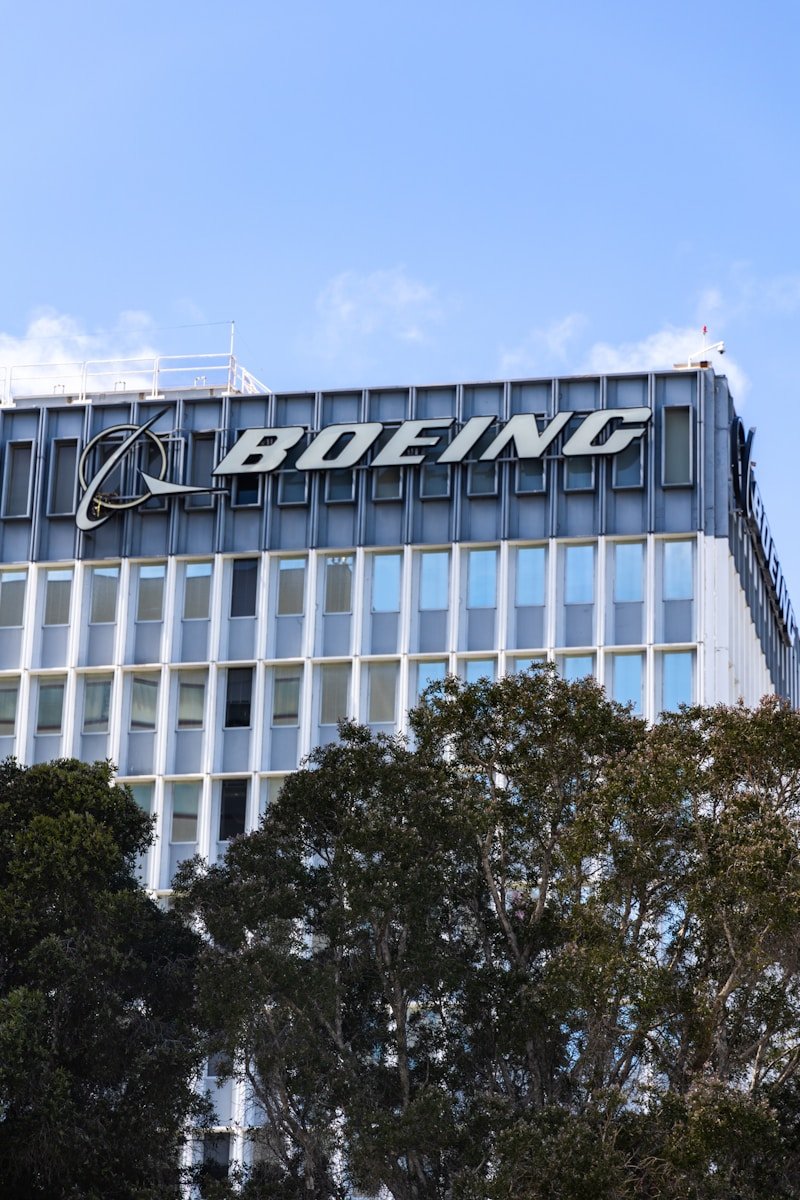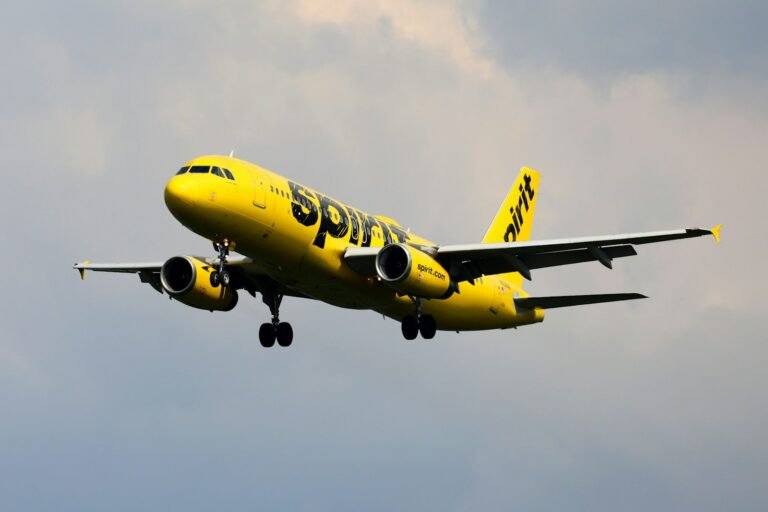
In a startling revelation by the AP, the Pentagon’s inspector general has uncovered that Boeing overcharged the U.S. Air Force nearly $1 million for spare parts related to its C-17 cargo planes. Among the most outrageous findings was an astonishing 8,000% markup for simple lavatory soap dispensers.
The audit, conducted by the Office Of Inspector General, examined the prices paid for 46 spare parts from 2018 to 2022, identifying 12 items as overpriced while deeming nine to be reasonably priced. For the remaining 25 items, the inspector general could not determine whether the costs were fair. The investigation into the exorbitant soap dispenser prices was prompted by a tip received through a hotline.
In response to the report, Boeing disputed the findings, asserting that the analysis compared parts that meet specific aircraft standards with basic commercial items. “We are reviewing the report and will provide a detailed written response to the OIG and the U.S. Air Force in the coming days,” the company stated(AP).
The C-17 Globemaster, one of the military’s largest cargo aircraft, plays a crucial role in transporting military vehicles, humanitarian supplies, and even large numbers of evacuees in crisis situations.
Since 2011, Boeing has secured over $30 billion in contracts from the U.S. government for C-17 spare parts, with the Air Force covering these expenses. However, the company is already grappling with the fallout from past crises, including two fatal crashes of its 737 Max jet in 2018 and 2019, which severely tarnished its reputation.
This year has been particularly tumultuous for Boeing. A recent incident involving a door plug detaching from a 737 Max mid-flight has drawn renewed federal scrutiny. In July, Boeing agreed to plead guilty to conspiracy charges related to misleading government regulators about pilot training rules for the Max, with that plea deal currently awaiting approval from a federal judge in Texas.
As Boeing navigates these challenges, it faces internal upheaval as well, with a strike involving 33,000 union machinists entering its seventh week, disrupting production across various aircraft models. The company has recently announced plans for approximately 17,000 layoffs and intends to issue new stock to raise up to $19 billion in a bid to stabilize its debt-laden finances.
As Boeing works to address both its pricing practices and operational challenges, the future of this aerospace giant remains uncertain amid growing scrutiny and financial pressure.



